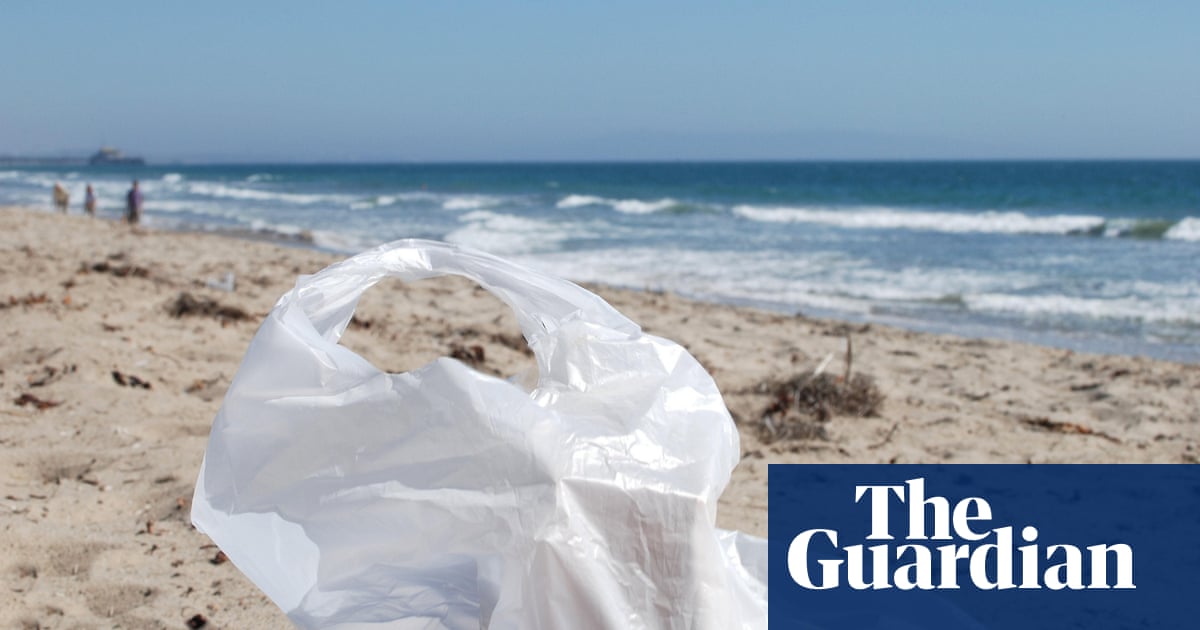Interesting. I would have imagined, considering the small price, people would just pay the minimal cost to get plastic - bags but it seems people actually began to avoid them which is great news.
It was 5 cents a bag at the grocery store back in 2016 where I lived, and practically everyone would just bring their own bags to avoid it.
Yes. I find it surprising.
It’s also good that there is analysis of the effect of the charge.
I would like to know if the UK tax on sugared drinks has any beneficial effect. I believe that sales (and manufacture) have reduced but that’s pretty irrelevant—eg, has it improved obesity or dental health?
Daily sugar intake fell by 11g - equivalent to two and a half teaspoons - in adults in the year after the introduction of the UK’s ‘sugar tax’ in 2018, finds a new study involving a UCL researcher.
That’s an answer to a different question. Mine was: are there any improvements in public health?
Assuming that what I’ve read (extremely quick search) is true, too much sugar can cause diabetes and heart disease. So reducing the amount consumed will likely improve public health. It’s not a big jump from one to the other.
Also, in the article I first linked there’s this quote: “These seemingly average changes can lead to valuable changes in health at the population level” by Dr Oliver Mytton (UCL Great Ormond Street Institute of Child Health).
So yes, there’s been a positive impact.
They just want some justification and reenforcement. If it saves anything, that is all they need. I was the crazy own bags dude before the charge, and now everyone is bringing their own bags too.
I’m still amazed how money is so important that even an unsubstantial amount can prompt a change in behavior. It isn’t even the money itself, but more the thought of something costing money that prompts the change.
I first noticed this around covid times. Where I live you have to put money in shopping trollies to get them. When you neatly slot in the trolly where it is supposed to go, you get your money back. It’s only 50 cents, so not a big deal. And because it’s so normal most people have a suitable coin sized keychain. In most cases if you go into the shop and ask, they will give you a branded keychain for free.
With covid this was deemed a health risk, as people fudging about with the mechanism isn’t very hygienic. Plus the shops were required to clean the carts after every use, and the mechanism was hard to clean. So they disabled the coin mechanism and set out a worker to give people cleaned carts and receive used carts to clean. As restrictions lifted, people had to clean their own carts and as time went on less and less people bothered.
So in the end the situation was as it had always been, but the coin mechanism was still disabled. In no time we saw American scenes with trollies being left all over the place, abandoned in the middle of parking lots etc. It made me so angry, how can people be so inconsiderate? Covid made me angry about selfish people a lot. At one point I saw someone give their trolly a shove on the parking lot, almost directly into my bicycle. I shouted at him and he just called me a faggot and drove off.
As soon as all the restrictions lifted almost all places went back to the coin mechanism. These days depending on which shop and which location, some have the coin mechanism disabled again. Not sure why, maybe as a convenience to the customers. Mostly people put them back properly however, even in places where during covid people didn’t. Maybe because the world is more normal, people are less selfish? Not sure.
My world kinda broke when I realized 50 cents was all that stood between people being decent and people being selfish assholes.
Though reducing plastic waste is a great goal and i am glad for this victory, in (yanktown) grocery stores there is more crap wrapped in plastic than ever. Even my produce aisle has1-2 layers of plastic around them. Putting 100 plastic wrapped items into a few canvas bags is 1 step forward 2 steps back.
I agree with anyone saying “more is needed”, and i don’t want to seem against this at all, but I do want an accounting of the increasing amounts commercial/industrial are producing in the first place.
If we don’t do that too, in fact if we don’t focus on those then consumer-level initiatives are just is spinning our wheels.
Also plastic wrapping stuff delivered. There is DEFINITELY something that could be inspired by interlocking blocks to replace all that plastic wrap for securing loads
The burbs still have plastic!
Im surprised anyone noticed. It implies people visited UK beaches.




